Since the establishment of the WTO, the promise was made that the world would finally have an effective system of enforcement for trade and IP law. Peter van den Bossche discusses the American boycott of the Dispute Settlement System (DSS) under the WTO, in light of the TRIPS Agreement, at the IGIR – IEEM IP Seminar in Macao.
Pilate washing his hands, the CJEU on pre-trial detention
- Law
The very recent ruling of the CJEU in DK (C-653/19 PPU, 28 November 2019) came to verify two quite depressing suspicions about the current status of European criminal law. First, Directive 2016/343 on the presumption of innocence remains an instrument with staggeringly limited applicability especially in the field of pre-trial detention. Second, pre-trial detention stands as a political and legal hot potato: neither the CJEU nor the EU legislator are eager to provide common standards on pre-trial detention, even if the lack of these standards is partly to blame for problems of mutual trust between judicial authorities in the Member States.

A genocide case on Human Rights Day: the Gambia v Myanmar before the International Court of Justice
- Law
Today, on Human Rights Day, the Peace Palace in The Hague will be the venue of the somewhat ironic spectacle of a Nobel Peace Prize laureate and global icon of human rights leading her country’s defence against allegations of genocide, the most serious violation of human rights possible.
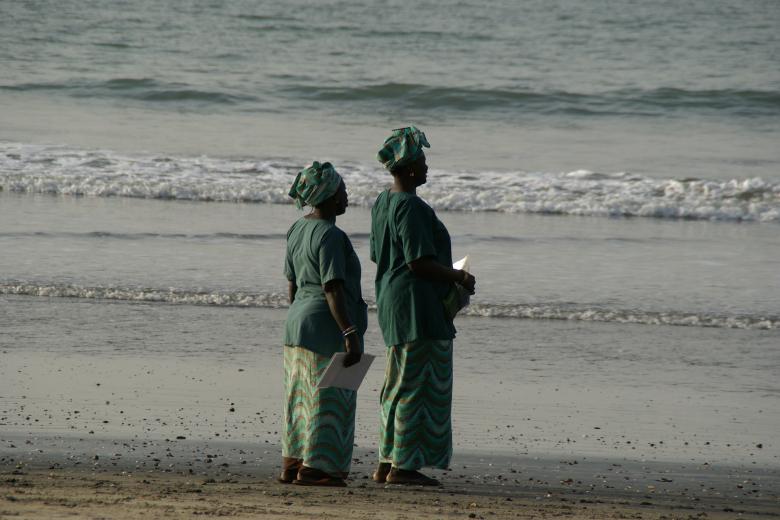
Dean’s blog Episode 20: names for our tutorial rooms
- Law
The entire Faculty community helped to find names for our tutorial rooms. Naming them ensures we are better able to find them. It also makes clear it is the Law Faculty making use of our building.
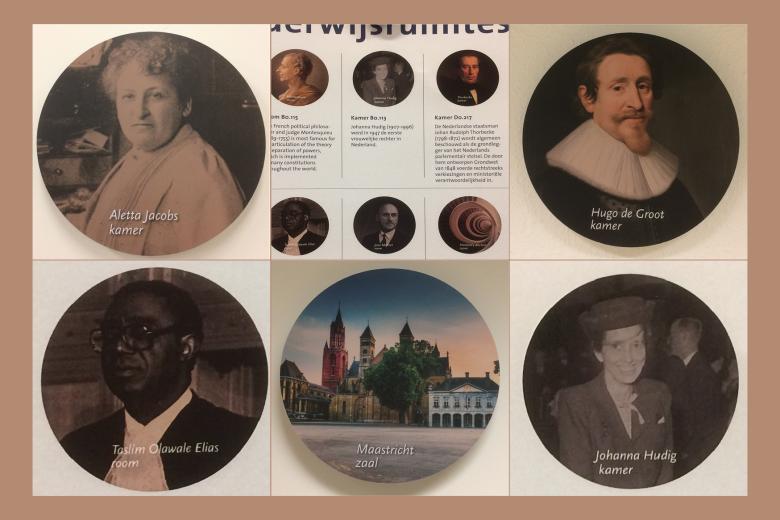
Looking beyond legal traditions towards practical effective legal assistance
- Law
National laws or ‘legal traditions’ are not the main obstacle to realising the ideal of ‘effective legal assistance’ embedded in the EU procedural rights’ Directives. The resistance to realising this ideal originates mainly from the professional cultures of relevant actors, including criminal defence lawyers, and the contemporary discourses of managerialism, efficiency and, as of lately, austerity.

December 11th 2019: the end of history for the appellate body of the WTO?
- Law
On December 10th 2019, the Appellate Body (AB) of the WTO will remain with one judge only, Ms. Zhao Hong (China). This will impair the functionality of the AB as it requires three judges to operate. At the IGIR – IEEM IP Seminar in Macao, Peter van den Bossche discussed potential alternatives to a functional AB, for ensuring the existence of some sort of settlement scheme for matters of international trade.
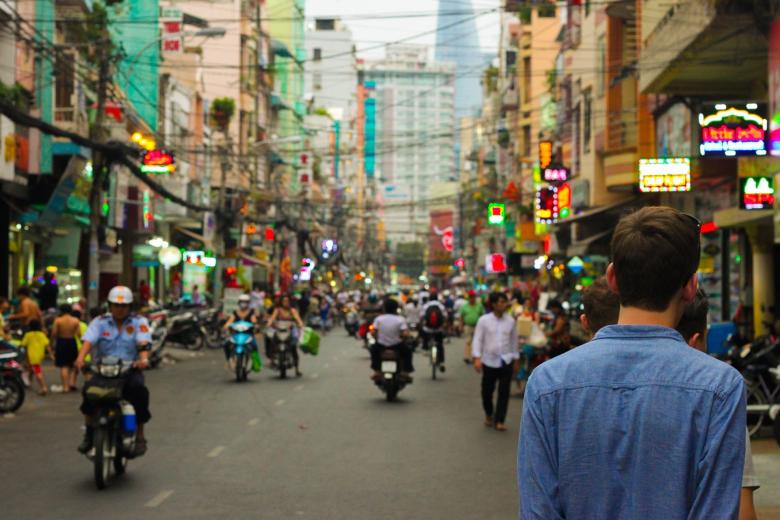
The Common Approach’s promise of good governance: the issue of the agencies’ seat
- Law
When the three main institutions adopted the Common Approach on EU Decentralised Agencies in 2012 one of the few innovative elements in this otherwise disappointing non-binding interinstitutional agreement were the provisions dedicated to the selection of the seat of EU agencies. As many EU-watchers will know, one of the characteristic features of EU Decentralised Agencies is that they are not located in Brussels but that they are instead spread over the entire territory of the EU.
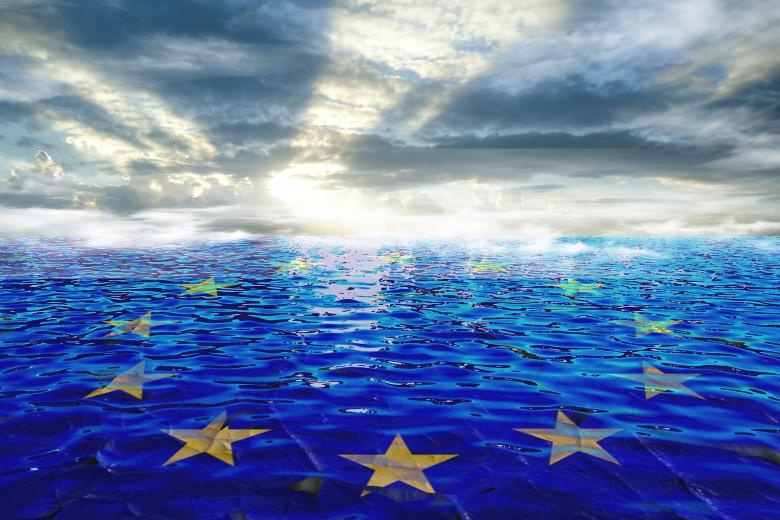
With or without you: a new Commission with or without the UK?
- Law
When the European Council, on 29 October 2019, decided to extend the withdrawal negotiation period until the 31st of January 2020, it became clear that this extension would bear implications also for the composition of the new Commission. Indeed, in recital 11 of the European Council’s decision, it is explicitly mentioned that the UK has to propose a candidate for appointment as a member of the Commission.
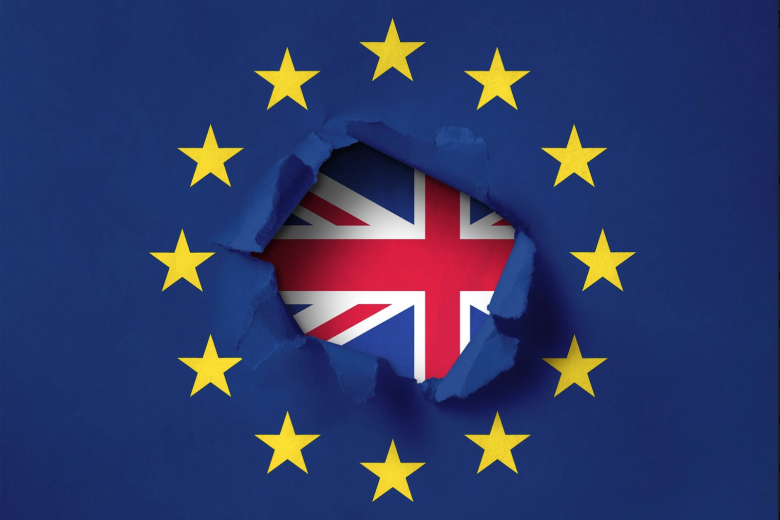
The 25th birthday of TRIPS: an agreement of broken promises
- Law
The Agreement on Trade Related Aspects of Intellectual Property Rights (TRIPS) is a milestone. It allowed intellectual property (IP) to become far more present in society than ever before, connecting it to trade. But has this milestone, come for good, for better, or worse? TRIPS was understood to be a promise of ending all other IP agreements.

If you like it, then you shoulda put good faith in it
- Law
As the title suggests: Beyoncé already knew that good faith can determine the fate of one’s actions. This is also true for registering trade marks. One should hence avoid bad faith practices, as defined by Court of Justice of the European Union (CJEU).

